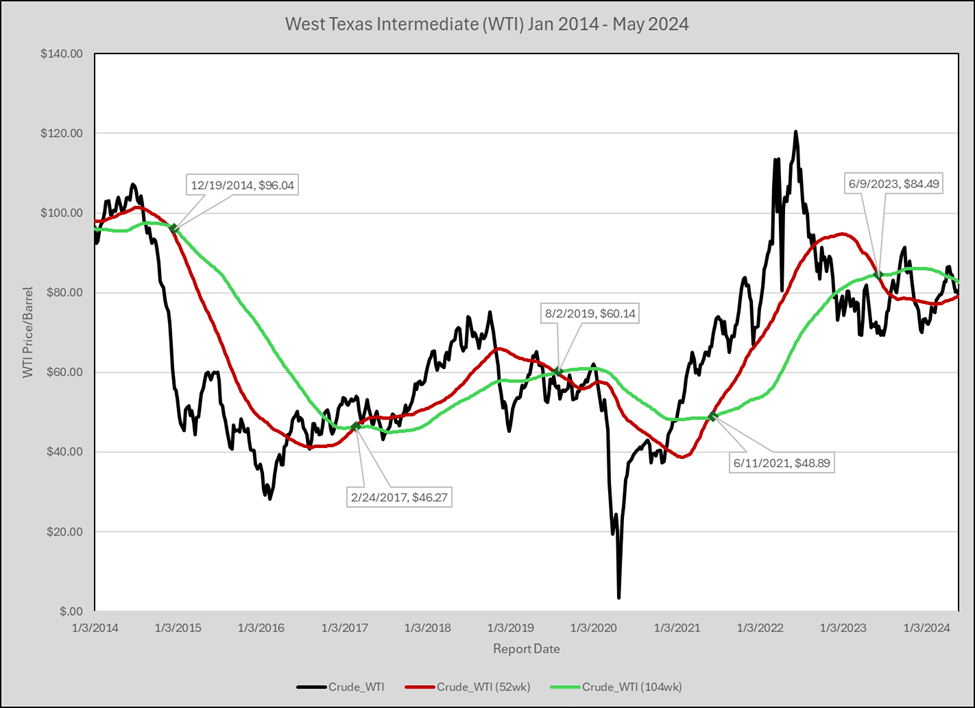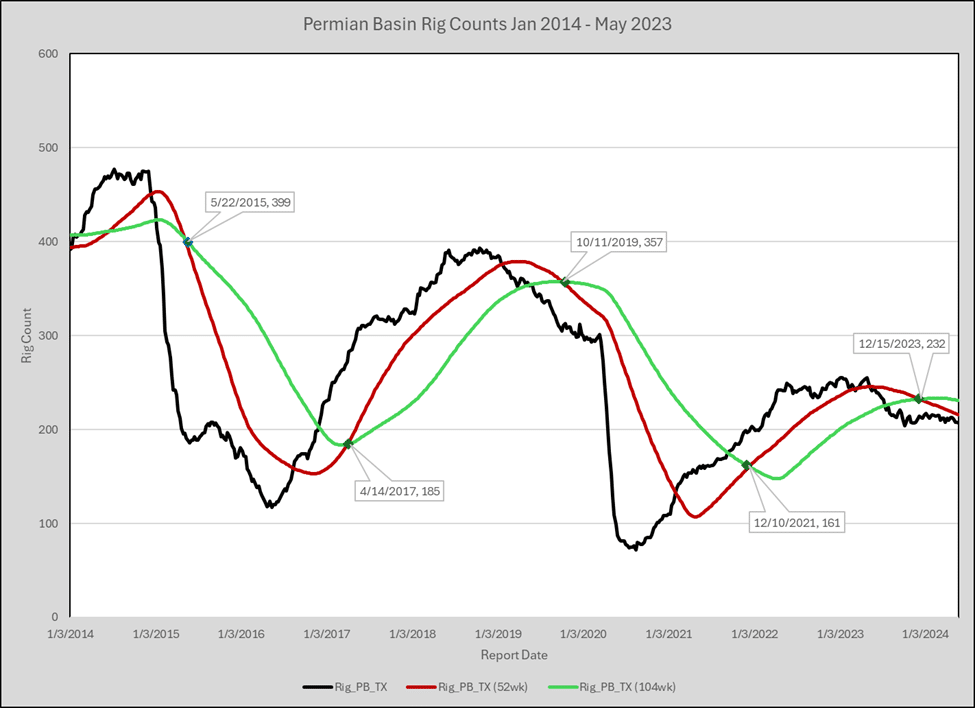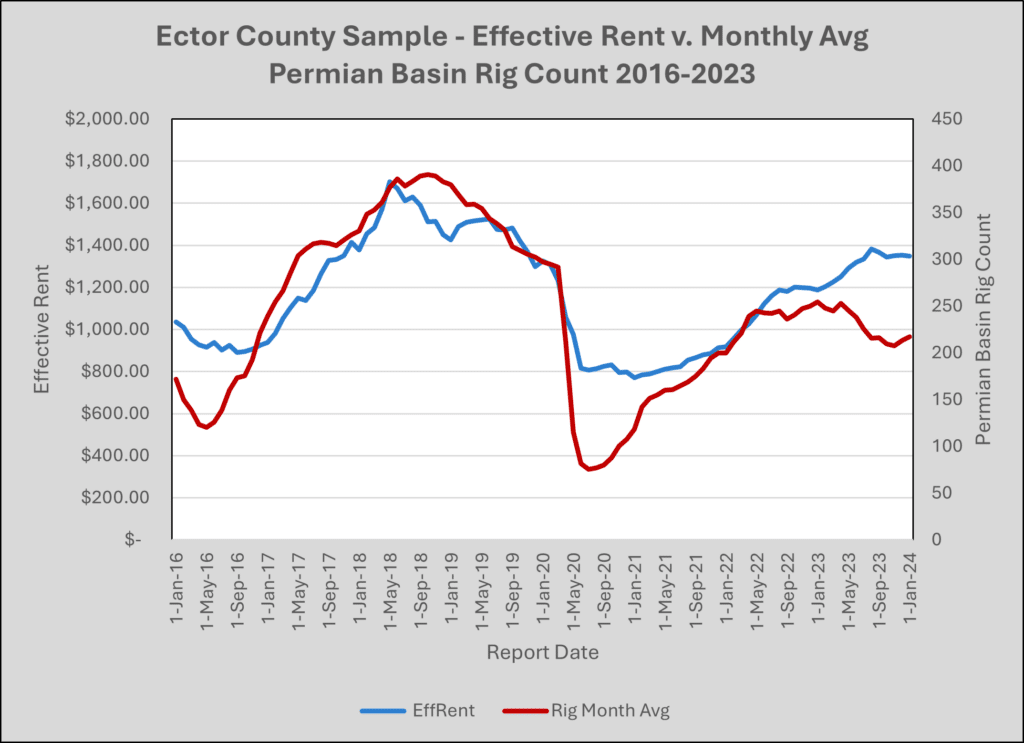The Misleading Promise of Property Tax Caps in Tarrant County
In a recent wave of electoral fervor, Tarrant County’s newly elected board members have proposed a policy to cap residential appraisal increases at 5% annually and to limit appraisals to once every three years. This proposal formed a central part of their campaign platform and garnered substantial voter support. After all, who wouldn’t be in favor of a promise to keep property tax bills in check? However, the reality of such measures is far more complex and, historically, less beneficial than they appear on the surface.
The Seductive Appeal of Tax Caps
Voters naturally gravitate toward promises of property tax stability. Increases in property tax bills are a significant financial burden for homeowners, so the idea of capping these increases is inherently attractive. The assumption is that by capping appraisal increases, tax bills will remain predictable and manageable. Unfortunately, the actual impact of such caps often falls short of these expectations.
The Reality Behind Tax Bills
Property tax bills are determined by two primary factors: the value of the property and the tax rate. While capping the taxable value of a property might seem to promise stable tax bills, this ignores the variability of tax rates. Local governments can adjust tax rates to meet budgetary needs within certain constraints in Texas, meaning that even if a property’s value increase is capped, the tax bill can still rise if the tax rate is increased.
Having a capped assessed value during a recessionary market is usually when taxpayers find out some of the real consequences. While the market value of the property decreases, the assessed value continues to increase until it meets the market value. This means tax bills continue to increase during a recession even while home values fall.
Historical Precedents: Lessons from Arizona
Arizona’s experience with Proposition 117 in 2012 serves as a cautionary tale. This ballot measure promised voters that capping the taxable value of properties would lead to financial relief. In reality, it only capped the taxable values, not the actual tax bills. As a result, taxpayers found their ability to appeal their property valuations severely limited, and the measure did little to provide the promised relief. While Texas has more protection than Arizona for tax rate increases, Texas does not protect against resetting the market value and taxable value at the time of a sale.
The Hidden Consequences
Some of the most significant unintended consequences of appraisal caps is the forfeiture of taxpayers’ rights to appeal the value they are taxed on, the significant disruption to equal and uniform taxation, shrouding true tax burdens by shifting them down the line, and a decrease in checks and balances on Central Appraisal Districts.
With capped values, an appeal would have to demonstrate that the actual market value of the property is below the capped value to result in any tax savings. This makes the appeal process increasingly challenging and rarely cost-effective, leading to homeowner complacency and disengagement from the valuation process.
Regarding equal and uniform taxation, as properties are built or sold and their taxable value is reset, it causes disparities with other properties of similar characteristics. Over a sustained period, this can be very severe and even cause a loss of mobility for homeowners. California is a prime example of appraisal caps causing significant tax differences between similar properties on the same street, simply due to the purchase prices and time of ownership.
Appraisal caps simply shroud your true tax burden. The taxing districts still need to collect taxes to operate and capping residential causes a shift to commercial and other property types. While some would have you believe that businesses will pay the increased taxes, those increased costs are almost always passed on to taxpayer consumers. The ongoing housing affordability crisis is only exasperated as apartments need to pass through the increased costs from taxes. Businesses whose rents increase due to taxes will pass it through at increased prices, making the cost of everyday goods more expensive. Appraisal caps create an illusionary effect that they are saving taxpayers money, but the piper still needs to be paid.
Furthermore, appraisal caps primarily benefit the Central Appraisal District (CAD) rather than taxpayers. As the gap between market value and assessed value increases, tax appeals tend to drop off dramatically. This decrease in appeals reduces the CAD’s workload. CAD’s often believe that the reduced number of appeals is a result of their values becoming more accurate, but the lack of appeals reflects homeowners’ recognition that appeals are unlikely to result in financial improvement, making the effort seem futile. The decrease in appeals causes a loss of checks and balances on the market value, which can soon become out of control.
A Warning to Tarrant County
The seductive appeal of property appraisal caps is akin to the allure of the mythical sirens—irresistible, but ultimately destructive. While the promise of capped tax bills is appealing, the reality often involves unintended consequences that can wreak havoc on the system. Taxpayers in Tarrant County should beware of giving up their rights, and voices in the tax system for a little perceived safety. Heed the lessons from other states and be wary of policies that promise more than they can deliver. Tarrant County residents should carefully consider the long-term implications before embracing these seemingly attractive measures.
For an in-depth look at Assessment Limits we refer you to “Assessment Limits” by Katrina D. Connolly and Michael E. Bell from Lincoln Institute of Land Policy Working Paper 2012



Recent Comments